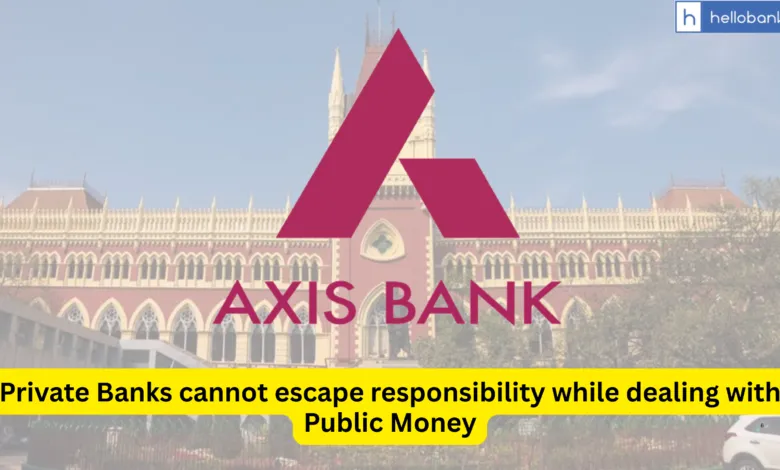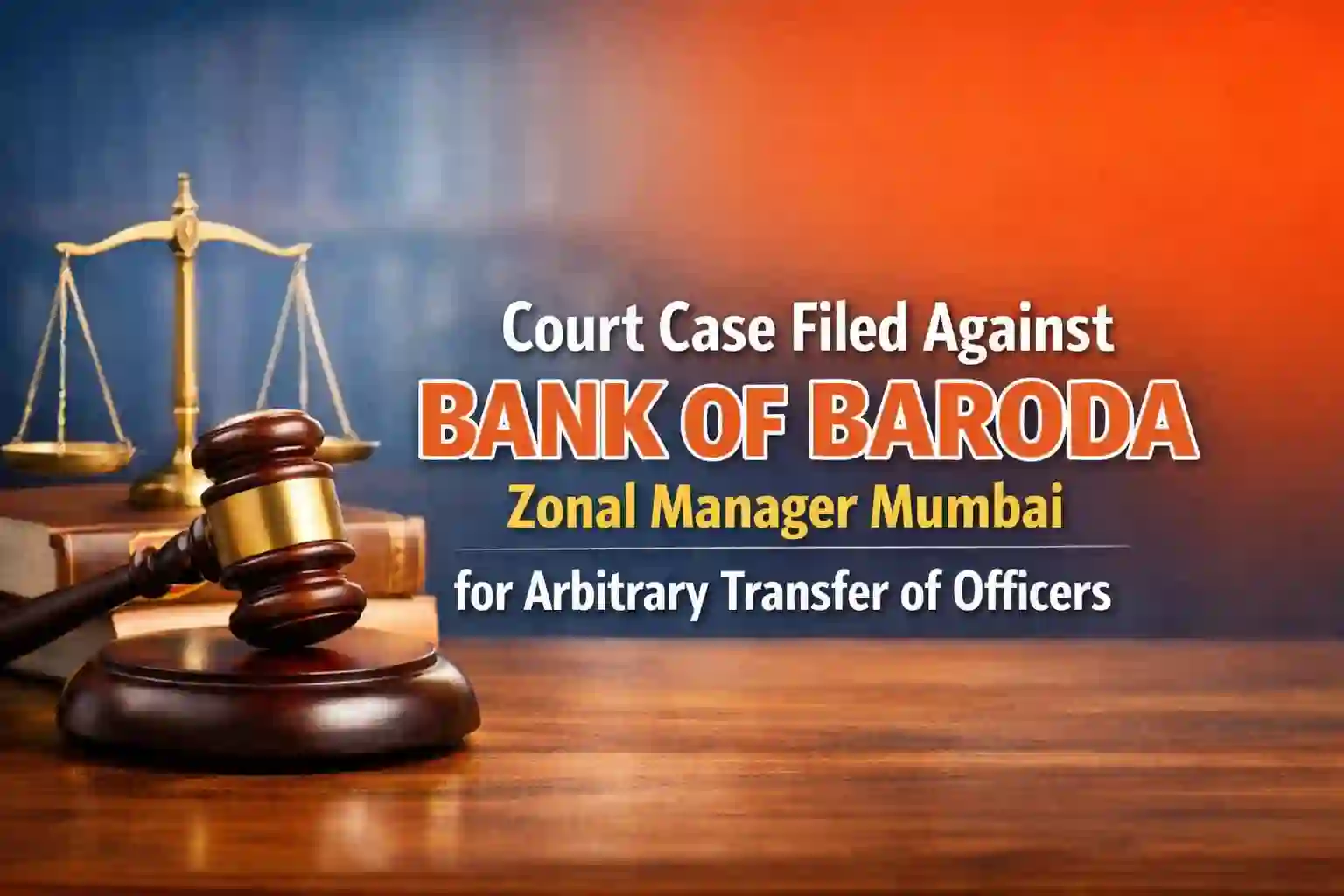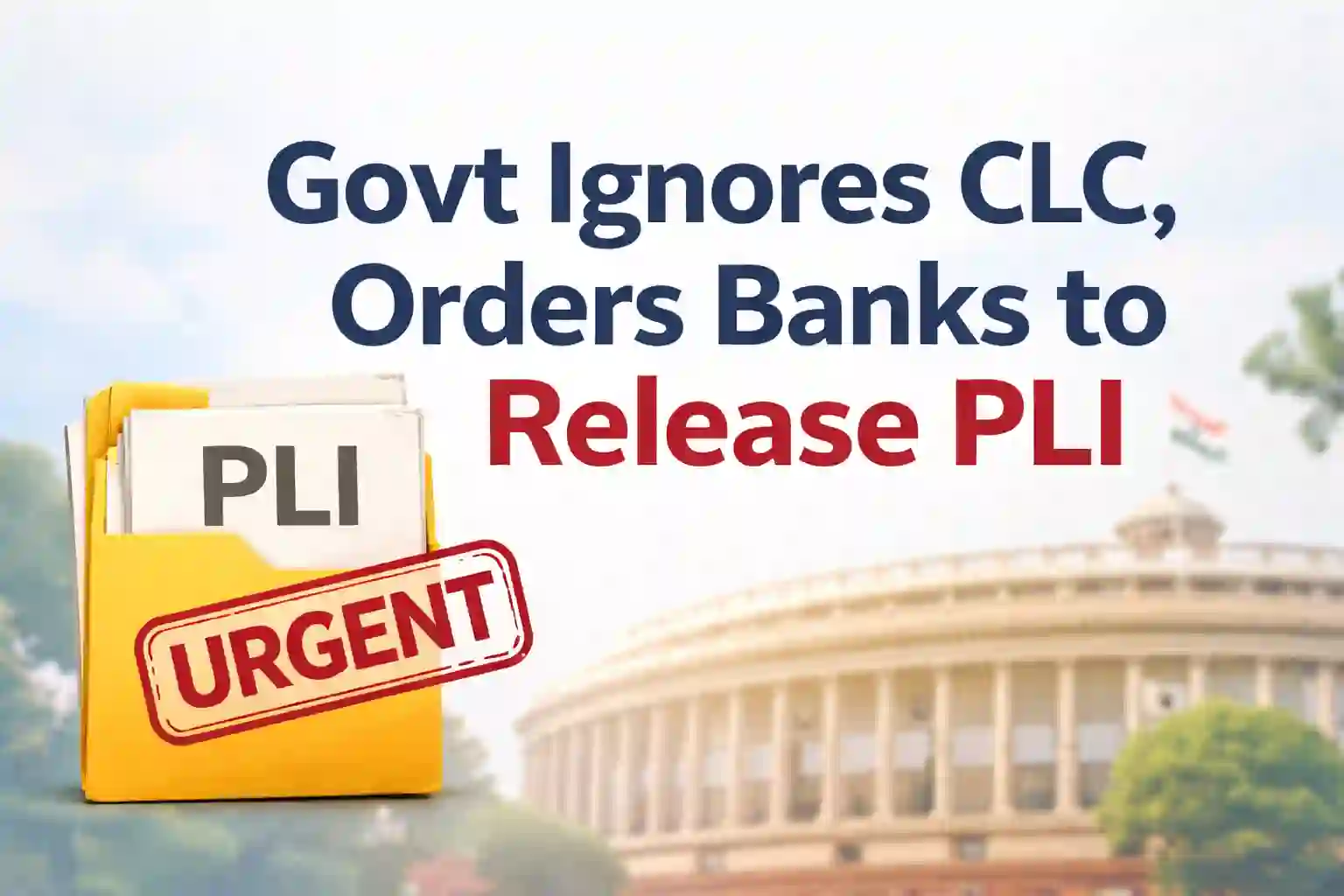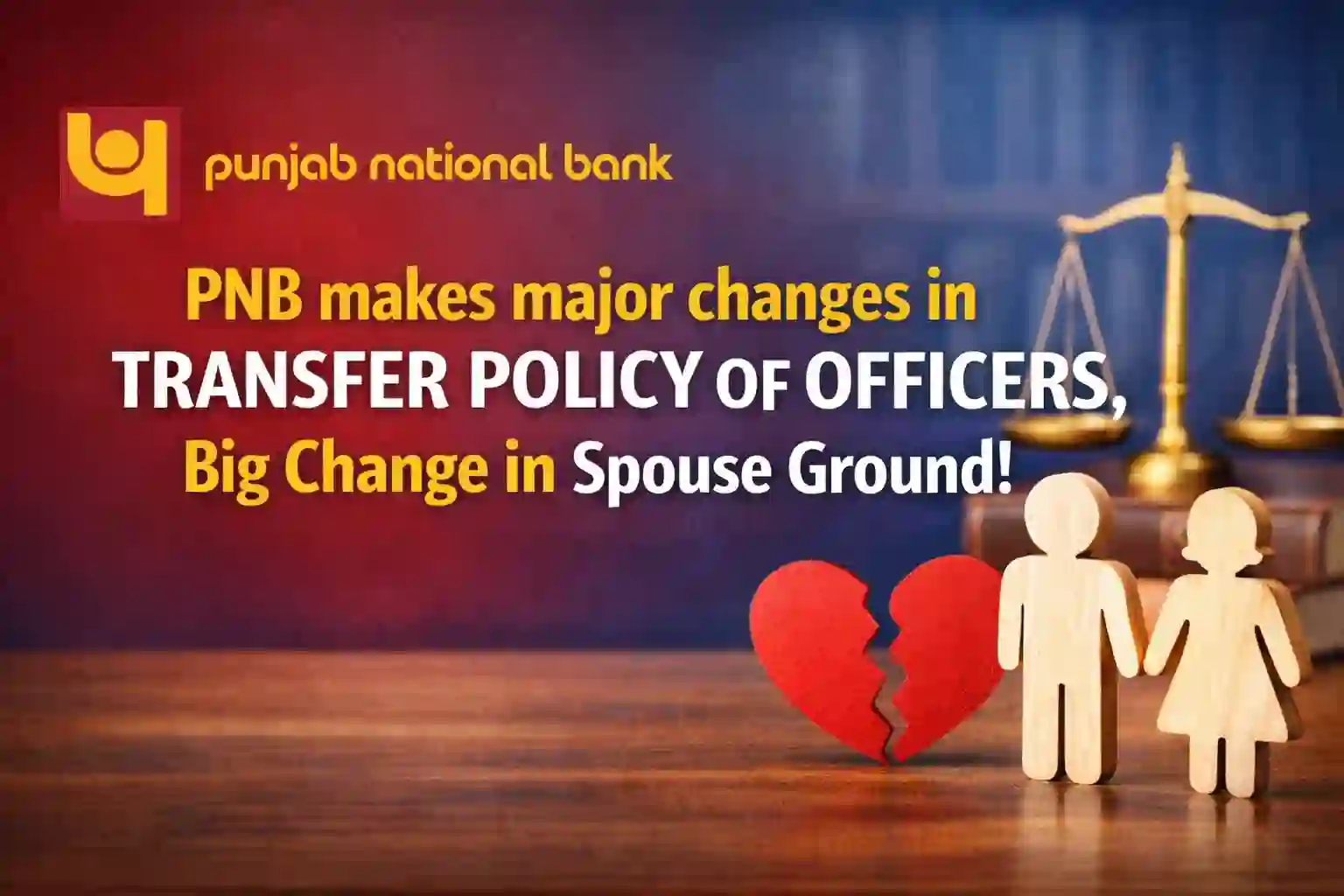Private Banks cannot escape responsibility while dealing with Public Money

In a strong and clear message, the Calcutta High Court has ruled that a private bank can be held accountable if it fails to carry out its statutory duties, especially when handling public money. The court ordered Axis Bank to pay ₹25 lakh within 30 days to a welfare society that was harassed for years while seeking justice over a fake bank account fraud.
What Happened?
The case was brought by the Society for Welfare of the Handicapped Persons, which discovered in 2011 that a fake bank account had been opened in its name at the Prince Anwar Shah Road branch of Axis Bank. The society claimed that a large amount of donation money meant for their four official accounts had been illegally diverted to this fake account and later siphoned off.
This caused serious financial loss and disrupted the functioning of the society, which relies heavily on donations and government grants to support its work for people with disabilities.
What the Court Said
Justice Partha Sarathi Sen, who heard the case, strongly criticized the bank for its negligence and failure to follow rules. He said that a bank, even if it is privately owned, cannot escape responsibility when it deals with public money and violates RBI rules.
The judge said the bank’s argument that the society’s president was involved in the fraud didn’t hold up, as no evidence was found against him. Instead, the charge sheet filed by investigators pointed to Rajesh Karmakar, a sales manager at the branch, and Bikash Roy as the main accused.
The judge clearly stated:
“The bank cannot deny its obligation to an affected person, especially when the constituent has suffered due to the bank’s failure to fulfil its duties as per Section 35A of the Banking Regulation Act, 1949, and various circulars issued by the Reserve Bank of India (RBI).”
RBI Also Pulled Into the Case
The High Court also directed the Reserve Bank of India to form a high-level committee of at least three members within seven days. This committee is tasked with conducting a thorough investigation into how Axis Bank failed to follow the RBI’s rules while opening and operating the fake account.
The court instructed that this committee should hear both sides and also assess the total loss suffered by the society.
Axis Bank’s Argument Rejected
Axis Bank’s lawyer argued that since it is a private company, it doesn’t fall under the court’s jurisdiction for such a writ petition, and that this was a private dispute that should be dealt with elsewhere.
However, the court rejected this claim and clarified that:
“When a private bank fails to carry out its public duties or violates statutory obligations while dealing with public money, a writ of mandamus (court order) can be issued.”
Advertisement
Final Court Order
- Axis Bank must pay ₹25 lakh to the Society for Welfare of the Handicapped Persons within 30 days as compensation for harassment and loss.
- RBI must set up an enquiry committee within a week and examine the entire matter.
- The committee should also determine how much financial damage the society suffered and submit findings after hearing both parties.
Click here to read more Court Cases
Conclusion
This case sets an important example where a private bank was held accountable for its failure to follow banking regulations and protect customer interests. The court’s ruling reinforces that dealing with public money comes with public responsibilities—even for private players. It also highlights the importance of banking transparency, proper checks, and quick grievance redressal to avoid such damage in the future.



